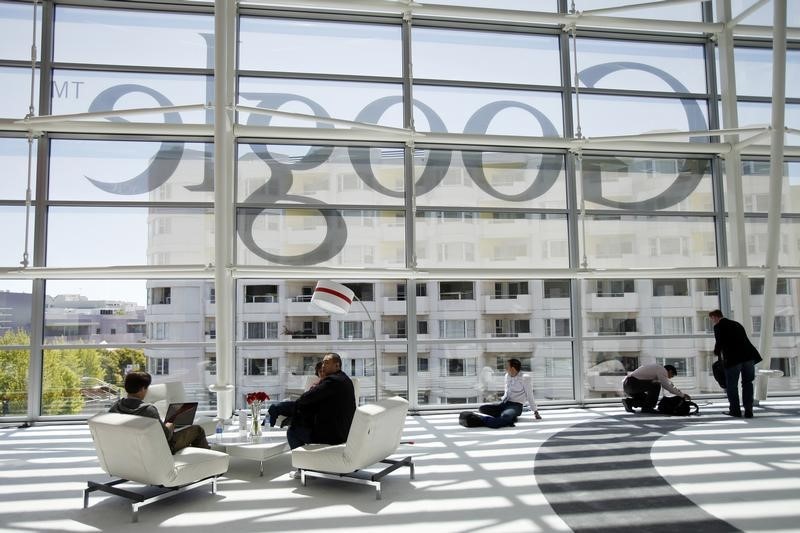Google Inc (NASDAQ:GOOGL). could face significant setbacks to its artificial intelligence (AI) initiatives due to measures proposed in the US Department of Justice's antitrust case.
Judge Amit Mehta of the US District Court for the District of Columbia outlined several potential remedies in court documents filed on Tuesday. These include structural and behavioural interventions, such as the possible forced separation of key Google products—Chrome, Google Play and Android.
The judge's 32-page 'proposed remedy framework' also suggests actions that could hinder Alphabet Inc’s core operations, particularly its expanding AI efforts.
“Artificial intelligence — while not a substitute for general search — will likely become an important feature of the evolving search industry,” Judge Mehta wrote. “It is, therefore, critical that any remedy carefully consider both past, present and emerging market realities to ensure that robust competition, not Google’s past monopolisation, will govern the evolution of general search and text advertising.”
The court's recommendations include requiring Google to allow websites to opt out of being crawled for AI training purposes and from appearing in Google AI products, such as AI Overviews.
“In our view, the last thing Google needs right now in the broader AI battle is having to fight with one hand tied behind their backs by regulators,” Sanford Bernstein analyst Mark Shmulik said in a note to clients.
Alphabet’s vice president of regulatory affairs Lee-Anne Mulholland voiced concern about the proposed measures.
“Business models in AI, much less winners and losers, have yet to be determined, and competition globally is fierce,” Mulholland wrote in a Wednesday blog post.
“There are enormous risks to the government putting its thumb on the scale of this vital industry — skewing investment, distorting incentives, hobbling emerging business models — all at precisely the moment that we need to encourage investment, new business models and American technological leadership.”
Final ruling to come
It remains uncertain whether any of the recommendations in Judge Mehta’s proposal will be included in the final ruling of the Justice Department's case. In August, Mehta found that Google’s search business constituted a monopoly, violating a section of the Sherman Act.
The judge’s proposed remedies could potentially have broader implications for the artificial intelligence (AI) industry.
The Federal Trade Commission (FTC) is also scrutinising the practices of OpenAI and Microsoft (NASDAQ:MSFT), which has invested approximately US$13 billion in OpenAI. If some of the judge’s suggestions are implemented, similar measures might be adopted in future cases.
One potential remedy could require AI companies to implement opt-in options for websites regarding AI training. Some experts view this as a step toward national AI regulation.
While parts of the industry advocate for earlier regulatory intervention, companies like Alphabet argue that such moves could hinder innovation. Regulation may help safeguard consumer and copyrighted data from unauthorised use in AI model training.
However, changes are unlikely to occur immediately. The next step in the Google case is the filing of a proposed final judgment by November 20, with evidentiary hearings expected in spring 2025.
Legal proceedings often lag behind technological advancements, meaning AI development will continue. Alphabet has already stated its intention to appeal.
